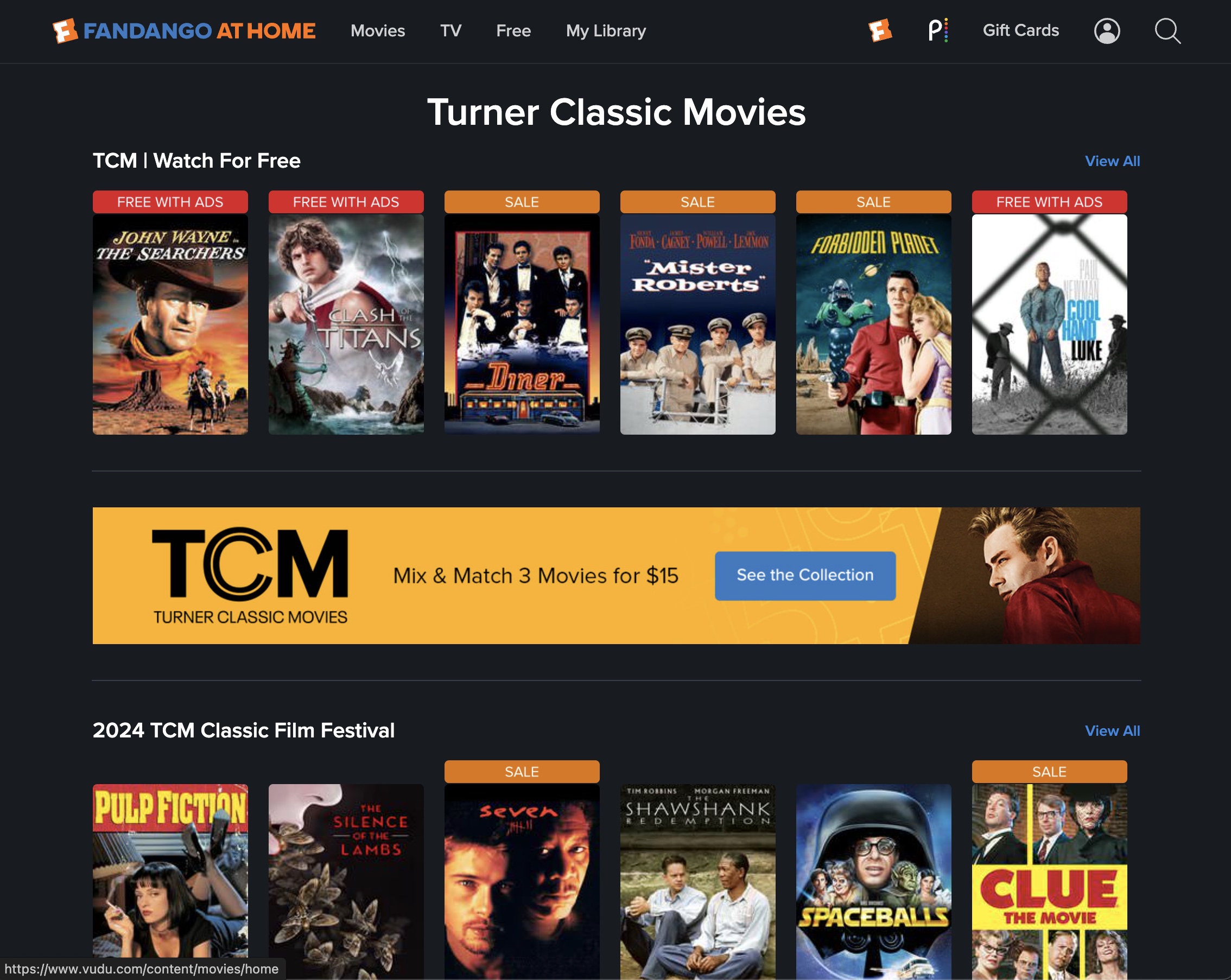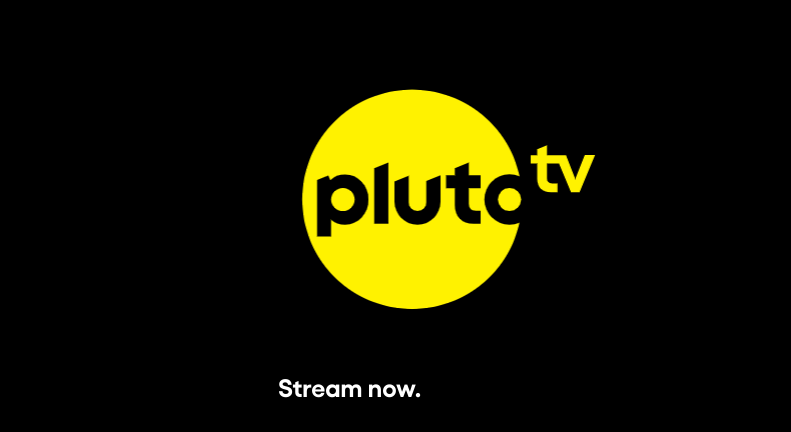Since Roku first started selling its streaming players tech fluent Roku users have been able to search for codes that allowed them to add content to their devices that was otherwise not available on Roku’s app store. Those codes allowed users to add what are known as private channels. For a short time, some of Roku’s private channels rivaled official ones in popularity. There was a private Roku channel for YouTube and then a substitute for Roku called Video Buzz. There was a channel that delivered a free feed of CNN International, offshoots of the MaddyGTV channel, public domain audiobooks and more including derivatives of Plex and media servers that were not available via the Roku channel store such as the now available PlayOn. There have been many more which led some web developers to build entire sites around the concept. As of March 1st that is going to change.
The private channels did more than add fun options for users though. They became a problem for the company as well. How? Because developers began to put together channels that streamed copyrighted material. There was once a well-known channel called XTV that was notably shut down due to making 24-7 streams of shows available as well as scraping popular movies and making them available as simply as one would access Crackle or the Roku Channel. Others such as Channel Pear emerged to do the same thing. The reason things like this became a problem is that companies sprung up that promoted using Roku devices in that fashion which then associated Roku with piracy. This is thought by industry watchers to be the reason that Roku was unavailable for sale in Mexico for a period.
The initial purpose for private channels was so that developers could build a channel and test it out in a live environment. But it became an underground marketplace. After March 1, 2022 Roku will allow developers to put together channels without submitting them for full approval but limit the number of users who access them to 20 people. That will allow users to beta test channels without creating entire communities that cause headaches down the line.
There are very few prominent private channels these days as most have either faded away on their own or become official Roku channels. But one industry stands to lose out big time. The Adult Entertainment Industry. For those looking for adult content, there are private channels, many of which are built around studios that promote content that they do own and have a right to distribute. Up to this point, Roku owners who wanted to access pornography would do so by adding private channels, in some cases with regular subscriptions. Companies like Adult Video Empire and Pornhub notably maintain private Roku channels that otherwise would not be available on the devices or televisions that operate on Roku’s OS.
We will continue to watch this story unfold.





